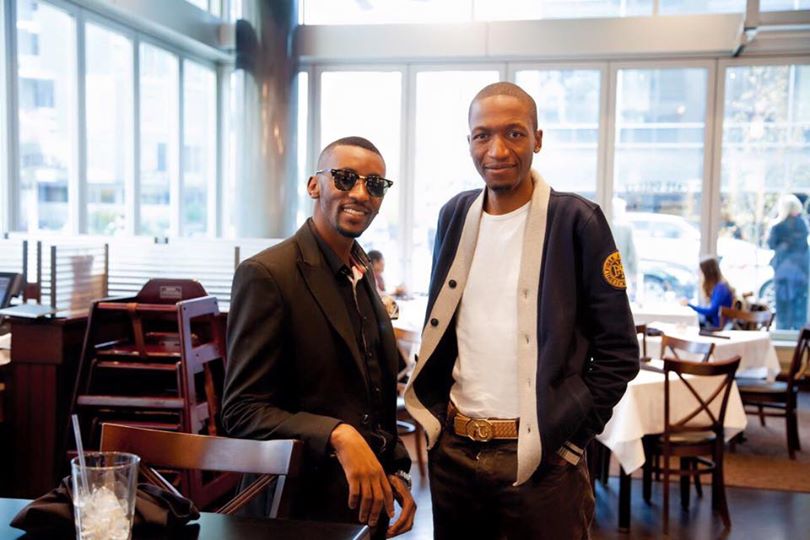THE European Union denies relaxing its travel ban on President Robert Mugabe despite reports Tuesday that the recently elected African Union chairman would be allowed to travel into the EU.
The longstanding visa ban that prevented Mugabe from traveling to Europe remains in place, but exemptions could be granted allowing him to visit for special circumstances, EU spokeswoman Catherine Ray said Wednesday.
“Member states may grant exemptions … where travel is justified on the grounds of urgent humanitarian need, or in exceptional cases on grounds of attending intergovernmental meetings and those promoted or hosted by the European Union,” Ray told International Business Times.
But just a day earlier, she told reporters: “This ban will be lifted when he is traveling under his African Union chairmanship capacity.”
The statement was interpreted by some as a departure from the bloc’s longstanding travel ban on the Zimbabwean ruler, who has been criticized by Western countries for his government’s human rights abuses and repression.
The EU invited Mugabe last year to attend an Africa summit in Brussels, but he declined after his wife was denied a visa to accompany him.
Catherine Bearder, a member of the European Parliament from Britain, tweeted Tuesday that she was unhappy about the travel ban change.
In Harare, Mugabe’s Zanu PF party dismissed the concession as an attempt to “hoodwink” the African continent.
“The announcement is inconsequential,” said party spokesman Simon Khaya Moyo.
“Our position as Zanu-PF remains that all sanctions imposed on President Mugabe as head of state and citizen of Zimbabwe be removed unconditionally. Any effort to hoodwink the continent is futile.”
Mugabe’s government has been the target of EU sanctions since 2002, when his government was linked to widespread abuses around an election.
While some of these sanctions, including asset freezes on prominent Zimbabweans, have been eased in recent years to promote reform, Mugabe and his wife Grace remained on the EU blacklist.
The appointment of Mugabe, who has ruled Zimbabwe since the end of white rule in 1980, to the chairmanship of the 54-nation African Union caused some consternation among Western governments last week, with some warning that it could tarnish the continental bloc’s relations with the West.
While the role is a largely ceremonial one, Mugabe is now in a position to influence topics of debate within the AU






